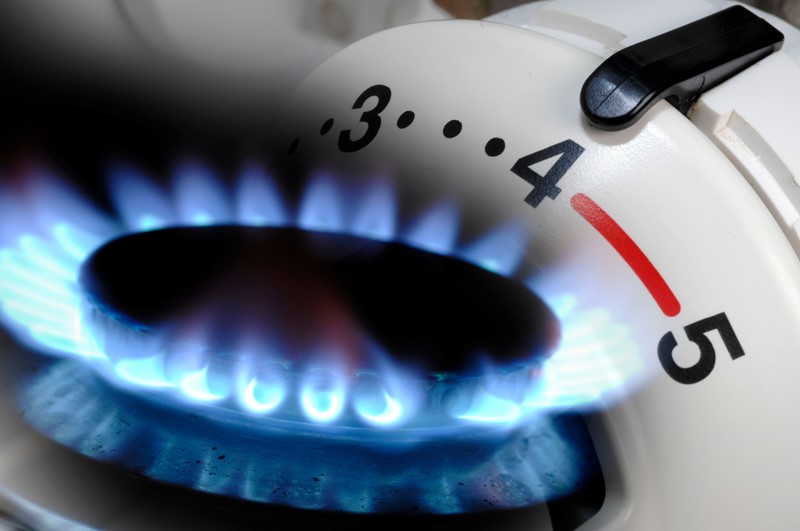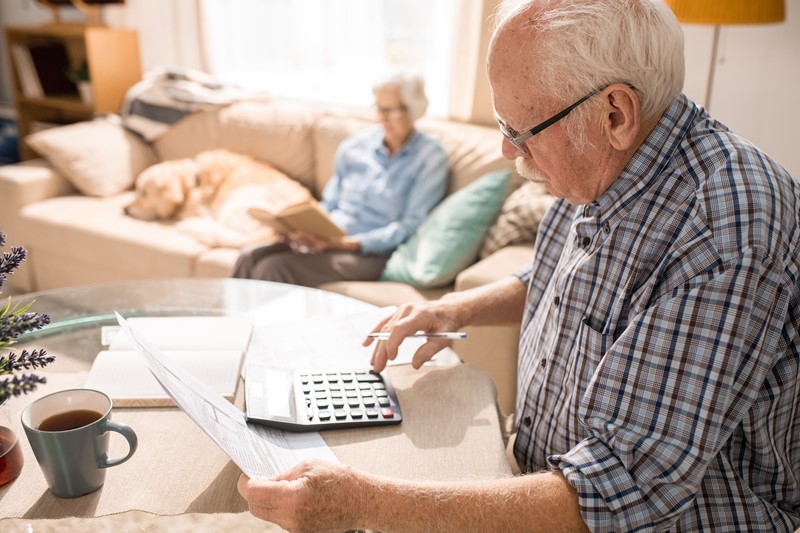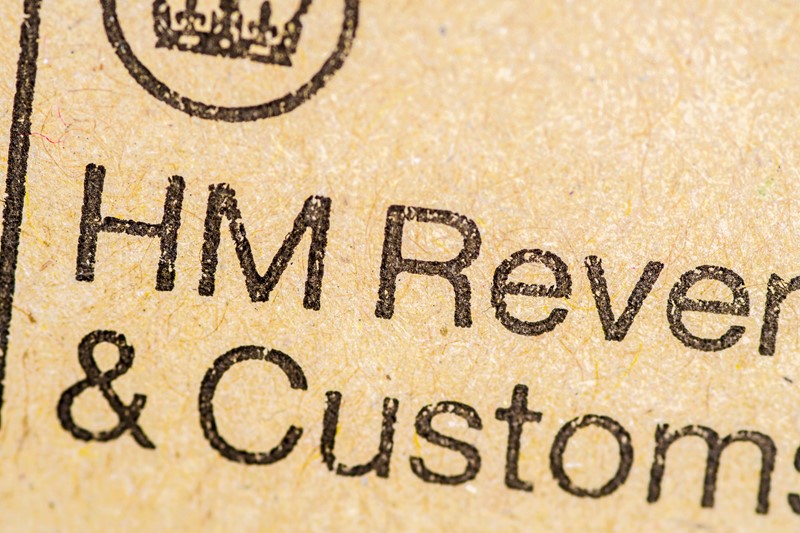The Cost of Living support package has been designed to help over 8 million households in receipt of mean tested benefits. The details for Cost of Living Payments due in the 2023-24 tax year have been published.
Eligible recipients will receive up to 3 Cost of Living Payments of £301, £300 and £299. This includes those receiving pension credit. These payments will be made separately from other benefit payments.
The total payments expected are as follows:
- £301 paid between 25 April 2023 and 17 May 2023 for most people on DWP benefits
- £301 paid between 2 and 9 May 2023 for most people on tax credits and no other low income benefits
- £300 to be paid during autumn 2023 for most people
- £299 to be paid during spring 2024 for most people
There are also additional payments that may be made such as a Disability Cost of Living Payment of £150 that is expected to be paid to qualifying individuals during the summer.
An additional one-off payment of £150 or £300 will be paid to pensioners during winter 2023-24. The Winter Fuel Payment is provided by the government to help older people keep warm during winter. The amount a pensioner will receive depends on a number of factors including their age and the age of other people living with them.
HMRC’s guidance on the payments has been updated to clarify that claimants will not get a Cost of Living Payment for a low income benefit if their benefit is reduced to £0 because they received a ‘sanction’. They may still receive a Cost of Living Payment if they had a 'hardship payment' because they received a 'sanction'.










